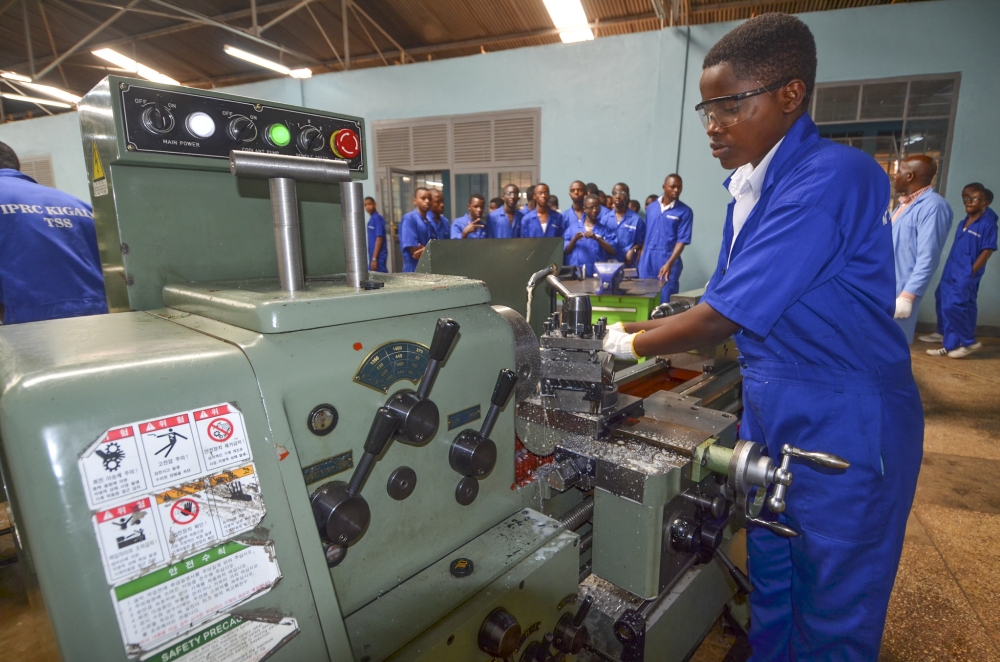

The World Bank economic outlook released on Tuesday September 17 underscores a critical issue facing Rwanda: the mismatch between education and the labour market. While education is a cornerstone of development, it must be aligned with the evolving needs of the economy.
It is imperative that graduates churned out of our education pipeline possess the requisite skills and knowledge that employers seek, both domestically and internationally.
To achieve this requires a comprehensive education reform. This involves a multifaceted approach that addresses several key areas. First, job matching services must be significantly improved.
This requires collaboration between educational institutions, professional bodies and the wider private sector to ensure that students are aware of career opportunities and are equipped with the necessary skills to secure them.
Second, public investment in education, particularly in TVET and higher education, must be increased. These sectors play a vital role in developing the workforce of the future. By providing students with practical skills and specialised knowledge, TVET and higher education can better prepare them for the demands of the labor market.
Luckily, already, there is a lot that has been achieved in as far as changing mindsets of Rwandans in as far as TVET is concerned. People no longer refer to TVET as an option for academic failures as was the case a few years ago. Let us then build on that momentum.
Third, educational institutions must work closely with professional bodies and the private sector to ensure that their curricula are relevant and up-to-date. This involves regular consultations with industry leaders to identify emerging trends and skills shortages.
By incorporating these insights into their teaching, schools can equip students with the knowledge and skills that are most in demand.
Finally, it is essential to promote a culture of lifelong learning. In today's rapidly changing world, it is no longer sufficient to acquire a degree and then expect to be employable for a lifetime. Individuals must continuously update their skills and knowledge to remain competitive. Educational institutions, in partnership with the government and private sector, should provide opportunities for lifelong learning, such as online courses, workshops, and certifications.
The mismatch between education and the labour market is a pressing challenge that requires urgent attention. By fostering the symbiotic collaboration of the entities mentioned above, we can ensure that our graduates are well prepared to meet the demands of the global economy.
It is a challenge that demands a collective effort from all stakeholders, and the time to act is now.


